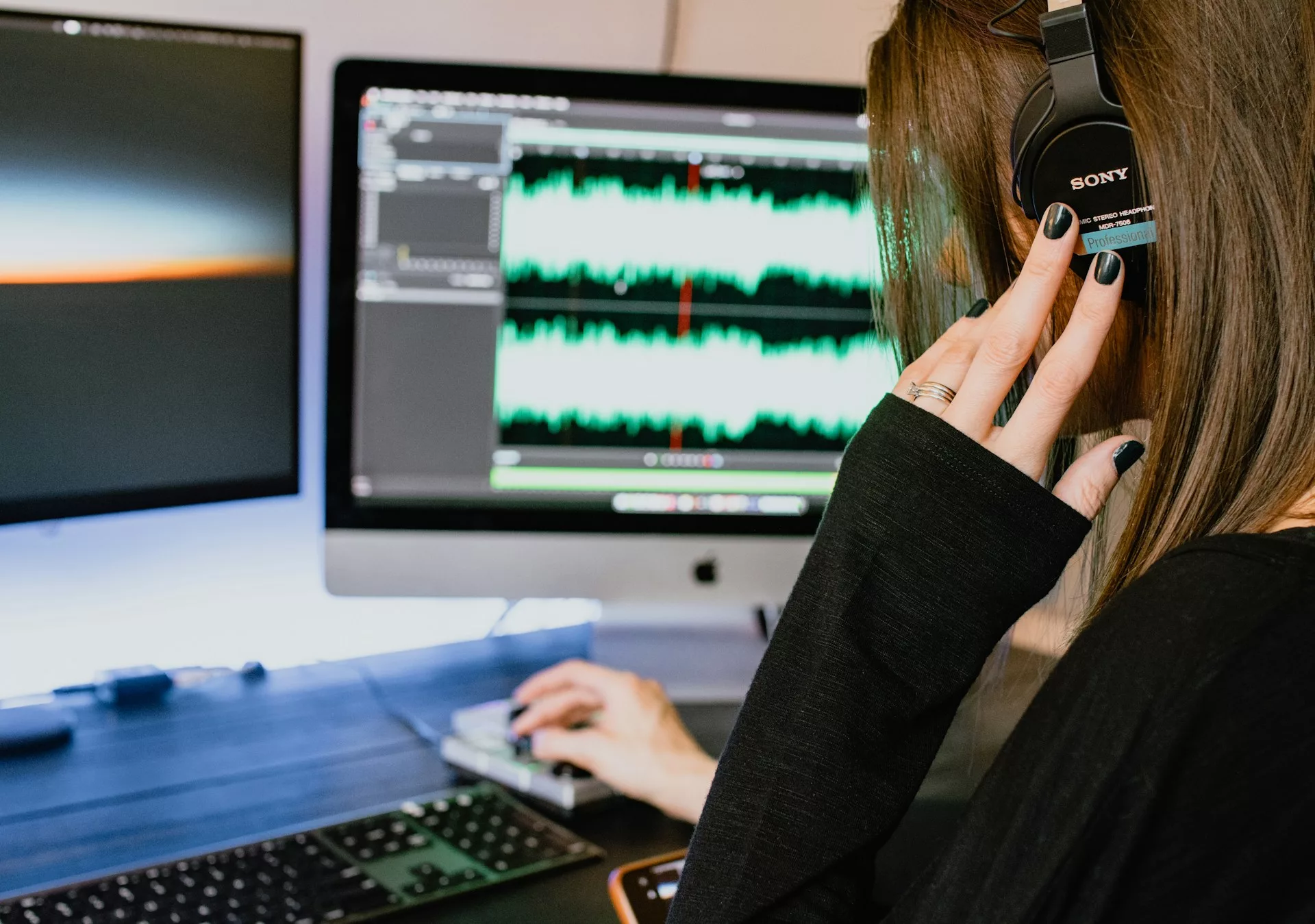The Controversy Over AI Voices
Recently, Scarlett Johansson accused OpenAI of using her voice without consent for ChatGPT’s new AI voice, “Sky.” Johansson’s allegations stemmed from her belief that OpenAI had replicated her voice after she refused a licensing request from CEO Sam Altman. This accusation sparked widespread speculation and concern, especially given Johansson’s iconic role as a virtual AI assistant in the 2013 movie “Her.” Scarlett Johansson Voice is cleared.
The True Source of ChatGPT’s Sky Voice
Contrary to Johansson’s claims, OpenAI clarified that a different actress was hired to provide the voice for “Sky.” According to documents and recordings reviewed by the Washington Post, this actress was brought on board in June, well before any contact between Altman and Johansson occurred. The hired actress, whose identity remains protected, confirmed that neither Johansson nor the movie “Her” was ever referenced during the project.
The Casting Process
In May, OpenAI issued a casting call for a secret project aiming to give ChatGPT a human voice. The casting call specified that actors should be nonunion, sound between 25 and 45 years old, and possess voices that are “warm, engaging [and] charismatic.” Notably absent from the casting criteria was any request for a voice resembling Scarlett Johansson’s.
Joanne Jang, who leads AI model behavior at OpenAI, emphasized that the chosen actors were aware of the AI voice project’s nature. She provided them with sample AI versions of their voices to demonstrate the technology’s capabilities and ensured they could opt out if uncomfortable.
Johansson’s Reaction and Public Response
Johansson’s public accusation coincided with OpenAI’s release of improved AI voices for ChatGPT. A cryptic tweet from Altman, simply stating “her,” added fuel to the fire, leading many to believe in an intentional replication of Johansson’s voice. However, Altman and OpenAI reiterated that there was never an intention to mimic Johansson, and the voice actor for “Sky” was selected months before Johansson was contacted.
Legal and Ethical Considerations
The debate over Johansson’s likeness and AI voice replication brings up significant legal and ethical questions. Mitch Glazier, CEO of the Recording Industry Association of America, suggested that Johansson might have a strong case if she pursued legal action, drawing parallels to a 1980s case where singer Bette Midler successfully sued Ford Motor Co. for using an impersonator after she declined to voice their ads.
Conversely, Mark Humphrey, an intellectual property lawyer, noted that proving the voice of “Sky” as identifiable with Johansson could be challenging. Factors such as Altman’s tweet and his outreach to Johansson could complicate the situation but do not conclusively prove intent.
The Future of AI Voices
OpenAI has paused the use of “Sky” in ChatGPT and published a blog post detailing the extensive process of developing multiple AI voices. This step was taken to address concerns and ensure transparency. Jang highlighted the meticulous efforts in creating ChatGPT’s personality, which included collaboration with a film director to shape interactions and responses.
The actress who provided the voice for “Sky” expressed her perspective through her agent. She felt that the backlash was personal, as her natural voice bore resemblance to Johansson’s without any intentional imitation. Despite initial apprehensions, she acknowledged that participating in the AI voice project was a step toward the future of technology.
Conclusion
OpenAI’s use of AI-generated voices has sparked a significant discussion on the boundaries of AI, voice replication, and consent. The company’s clarification that Scarlett Johansson voice was not used aims to dispel misconceptions and emphasize their commitment to ethical practices in developing AI technologies.
More News: Technology News


